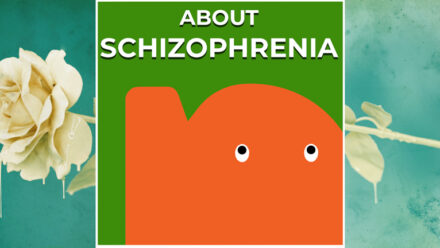
‘Suppose: after hearing this bizarre TED Talk of me, you decide to take me to a psychiatrist. Here I am diagnosed with schizophrenia. My family has no idea what this means, so they look it up. In respected magazines as Nature and Science they read that I am a 100% disabled, for the rest of my life. They are scared to death.
– Jim van Os
Watch the TED talk “Connecting to madness” by Jim van Os
Short summary of ‘Connecting to Madness’
In this English TED Talk, Dutch psychiatrist Jim van Os (one of the founders of this website and its Dutch counterpart Psychosenet.nl) explains how nearly everyone displays very subtle signs of schizophrenia.
When anyone is starting to show more serious symptoms, and is not doing too well for a while, one can easily be diagnosed with schizophrenia or psychosis. But this diagnose says nothing about what is actually happening to someone. What’s worse: the negative stigma that both society and the medical sector relate to mental illness, offers no hope of recovery at all. In some cases, the social consequences of receiving the diagnose can be more devastating than the symptoms themselves.
Yet in reality, it clearly shows that hope, perspective and understanding is exactly what people with schizophrenia or psychosis need to get better. It is true that some people never recover from it, but this is only a small minority.
The key message of this TED Talk: we pretend to know exactly what schizophrenia is (a serious disease of the brain), while we actually do not. It is more a problem of the mind, with people struggling to attach the right meaning and interpretation to their observation. Our brains do this all the time, and anyone’s brain can make mistakes in this process. For example, the whole world seems like another place and get another meaning when you are in love, or have just seen a very unsettling horror movie. Yet no one would call these brief periods a disease. In that sense, every human being has personal experience with psychosis; the difference between being diagnosed as schizophrenic or not is actually a matter of degree.




